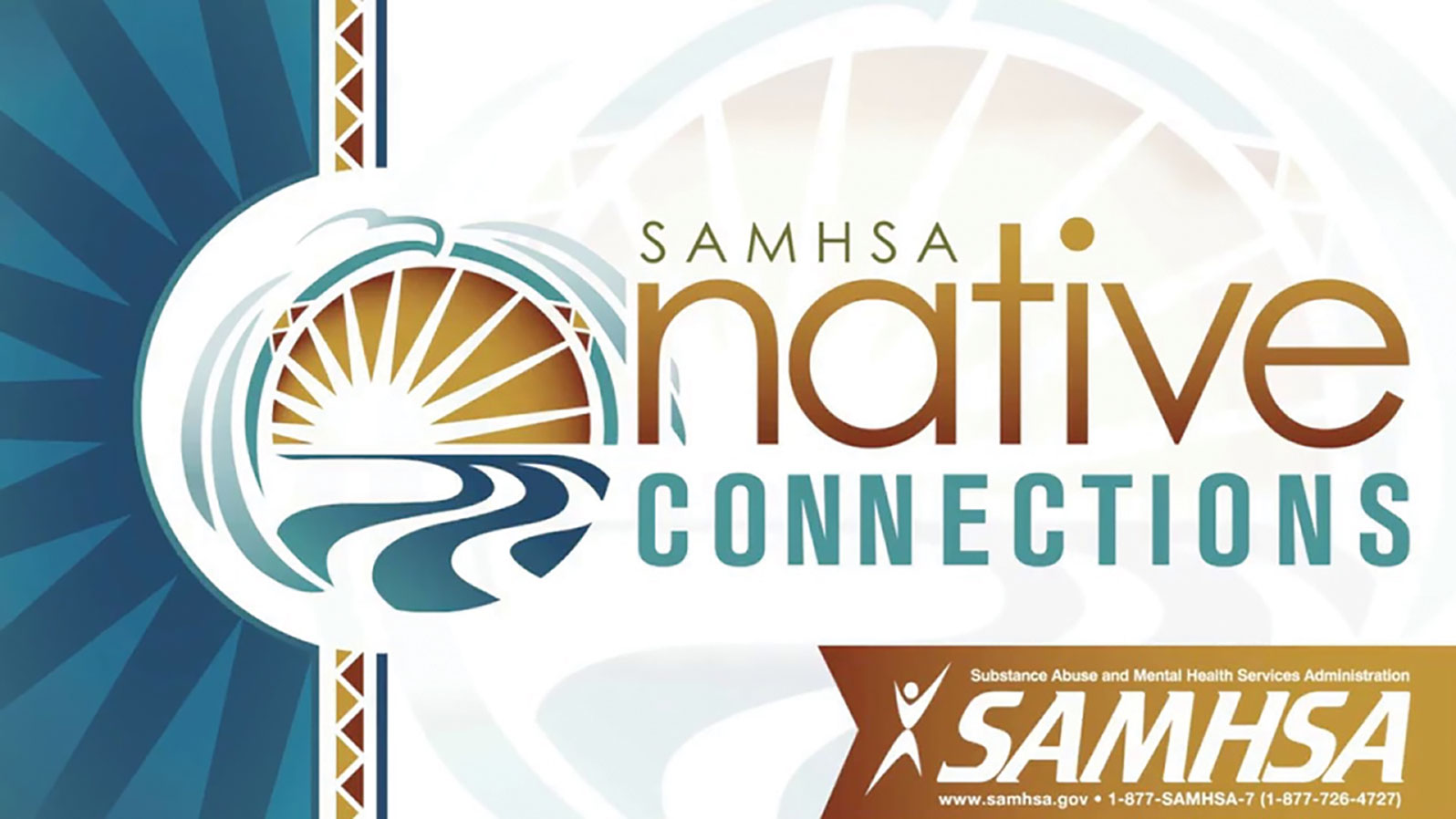May is Mental Health Awareness Month and we here at the Behavioral Health Division of the Southern Ute Indian Tribe want to talk about what mental health is. Both articles this month will about mental health, signs and symptoms, and tips on how to balance all aspects of life so that you take care of your physical, emotional, spiritual, and mental wellness.
According to Mental Health America, there is roughly 1.2 percent of the United States that identify as American Indian or Alaskan Native, and of that 1.2 percent, 21 percent have had a diagnosable mental illness in the past year. Keep in mind, American Indians live all over this land and this percentage isn’t just focused on reservations or communities. There are positive and negative factors that can affect our mental health and there could be an argument made that people living on reservations are at higher risk for experiencing mental health illness than those living off the reservation. Many factors such as family history, demographics, societal issues such as poverty and crime, historical trauma, access to mental health services, and overall attitudes or social norms play roles in how people react or deal with mental health illnesses. When it comes down to it, it doesn’t matter where you’re from or where you live, mental health is important, and we all have it.
What is Mental Health?
According to mentalhealth.gov, mental health includes our emotional, psychological, and social well-being. It affects our way of thinking, feeling, and acting. It also affects how we handle relationships with others, stress, and the choices we make. In our American Indian ways, mental health can be found in just about everything we do, everything we say, or what we are taught. It is found in teachings and rites of passage from a young age all the way to becoming an elder. It can be found in the beads we sew into our regalia and other items. It can be found in the thread and materials that are sewn into our beautiful handmade work. It can be found in the roots of plants we use for medicine, ceremonies, and food. It can be found in the dirt and in the air we breathe. If it’s in all these things, it’s in us too.
Mental health tip of the day.
Mother Earth is very important to us as Indigenous People. She takes care of us and guides us in our journey on this Earth. Sometimes we forget all that she supplies us with, and we forget to thank her and make offerings back to her. Take some time out of your day, especially if you feel stressed and overwhelmed, go to her and put your feet on the ground or sit on the ground. Take a few deep breathes and recognize all the parts of your body feeling the ground. Pay attention to your thoughts. Ask yourself how you feel and why you feel that way. Release your feelings and ask that Mother Earth help you in releasing those feelings. Ask for guidance and strength from her. And know that it’s okay to seek help and guidance from others. The Creator made us “The People”, not the individuals. As the Ute People, let’s help one another, and let’s not be afraid to ask for help if we are struggling, feeling overwhelmed, feeling unhappy, or feeling down more often.
If you hurt your foot, you may not walk well until it heals. If you hurt your hand, you may not be able to fully use that hand until it heals. And as we get older, our bodies ache a little bit more and we get a little bit slower. That’s okay because our bodies are aging. Our minds are that same way. If we have a heartache, experience a loss, or everything in life just keeps piling up, we can’t function fully until we heal. So how do we heal our minds? Check out the next article for more information and tips on how to heal.
Want to help and be a part of the change?
Looking for community members and youth to join the Prevention Coalition tasked to reduce youth substance usage, eliminate mental health stigma and start the discussion around suicide and prevention.
Upcoming Prevention Coalition Meeting: until further notice no meetings are being scheduled. Contact Precious Collins, Native Connections Program Coordinator for more information 970-563-2487.
Upcoming Trainings: FREE online Suicide Prevention Training — Question, Persuade, Refer (QPR) for Southern Ute tribal employees and for Southern Ute tribal members. Please contact Precious Collins at 970-306-8131 or email prcollins@southernute-nsn.gov to sign up.

